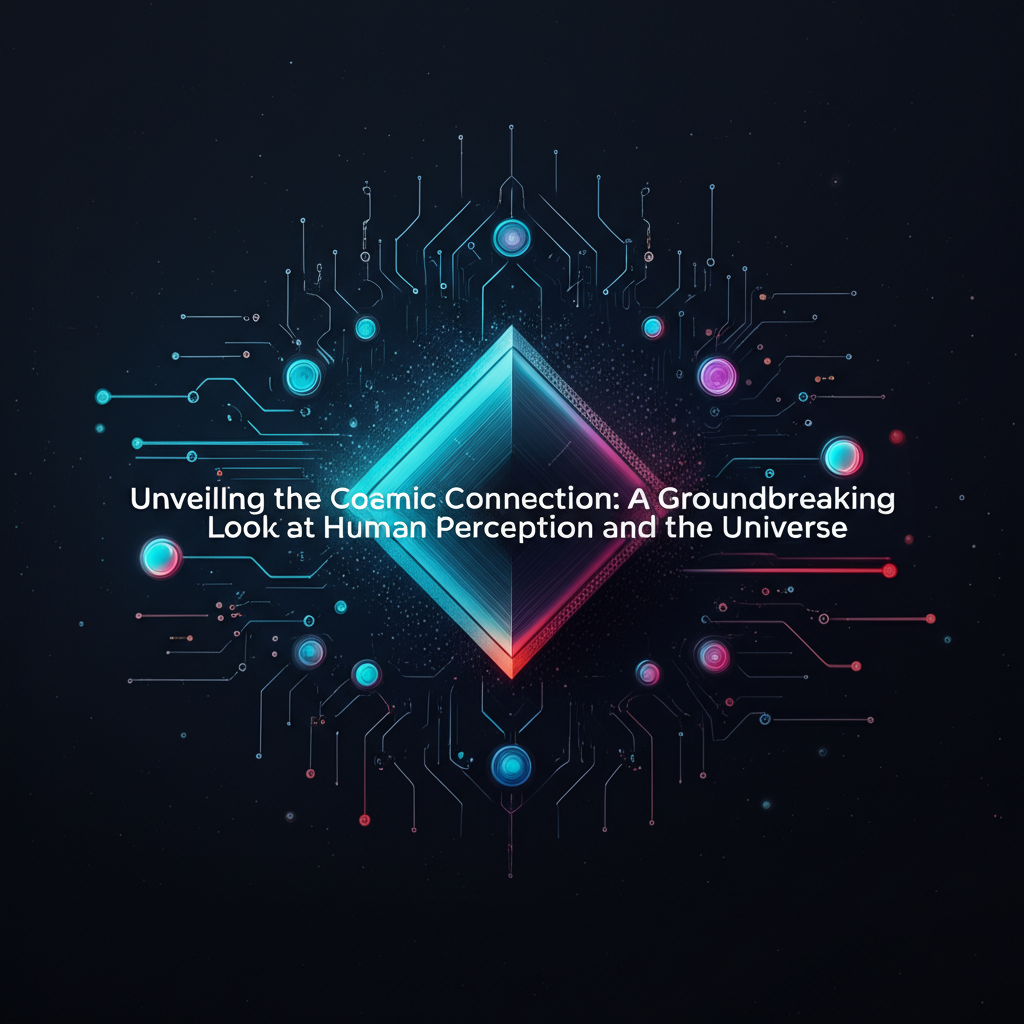Unveiling the Cosmic Connection: A Groundbreaking Look at Human Perception and the Universe
How Our Minds Grapple with the Immense Scale of Space

Image source are from Unsplash (Photo by Mehebub Alam (https://unsplash.com/@akashkhanakm78) on Unsplash)
For centuries, humanity has gazed at the stars, pondering our place in the vast, enigmatic universe. While astronomers meticulously map galaxies and physicists unravel cosmic laws, a crucial question often remains: how do these monumental discoveries truly impact the human psyche? A recent groundbreaking study, bringing together experts from the Department of Psychology at Reichman University and the Department of Astronomy at Harvard University, delves deep into this very intersection.
Bridging the Great Divide: Psychology Meets Astronomy
This ambitious interdisciplinary research goes beyond mere observation, aiming to understand the cognitive and emotional responses provoked by astronomical phenomena and the concept of extraterrestrial life. It’s an exploration into our ‘cosmic consciousness’ – how our brains process information about immense distances, unimaginable timescales, and the profound implications of life beyond Earth. Think about the awe inspired by a supermassive black hole or the existential wonder triggered by images from the James Webb Space Telescope; this study seeks to quantify and understand those very reactions.

Image source are from Unsplash (Photo by Mehebub Alam (https://unsplash.com/@akashkhanakm78) on Unsplash)
The Core Investigation: Perceiving the Unimaginable
The researchers employed a unique blend of psychological methodologies – including cognitive experiments, detailed surveys, and analysis of physiological responses – alongside astronomical data interpretation. Their goal was to pinpoint specific cognitive biases, emotional triggers, and perceptual thresholds that influence how individuals comprehend and react to astronomical information. For instance, do people truly grasp the scale of a light-year, or is it merely an abstract concept? How does the uncertainty surrounding alien life affect hope, fear, or excitement?
Understanding our perception of the cosmos is crucial for effective science communication and for preparing humanity for future astronomical discoveries, especially those concerning extraterrestrial life.
Key Insights and Implications
While full details await publication, preliminary findings suggest fascinating patterns. The study highlights how personal beliefs, cultural backgrounds, and even individual personality traits significantly modulate responses to cosmic news. It explores the 'overview effect' – the cognitive shift reported by astronauts who view Earth from space – and attempts to model this profound psychological experience in non-astronaut populations through immersive simulations and virtual reality. The research also sheds light on how public discourse around topics like exoplanets and potential technosignatures is shaped by inherent human tendencies towards optimism, skepticism, or even existential dread.

Image source are from Unsplash (Photo by Mehebub Alam (https://unsplash.com/@akashkhanakm78) on Unsplash)
What This Means for the Future of Space Exploration and Beyond
The implications of this interdisciplinary work are far-reaching. For space agencies, understanding human psychological responses can inform astronaut training, mission planning for long-duration space travel, and strategies for communicating potentially world-altering discoveries to the public. For educators, these insights can revolutionize how astronomy is taught, making it more engaging and resonant by connecting it to our innate human experience. Ultimately, this research helps us to better understand ourselves as we continue our journey of cosmic discovery. It’s a powerful reminder that while we look out into the universe, the universe also reflects something profound back about our own nature.

Image source are from Unsplash (Photo by Mehebub Alam (https://unsplash.com/@akashkhanakm78) on Unsplash)
Stay Tuned for More Cosmic Insights!
As the full findings of this study are prepared for publication, the scientific community eagerly awaits a deeper dive into these fascinating connections between the human mind and the cosmic tapestry. This is a field poised for immense growth, promising to reshape not just how we see the stars, but how we understand ourselves in relation to them.





